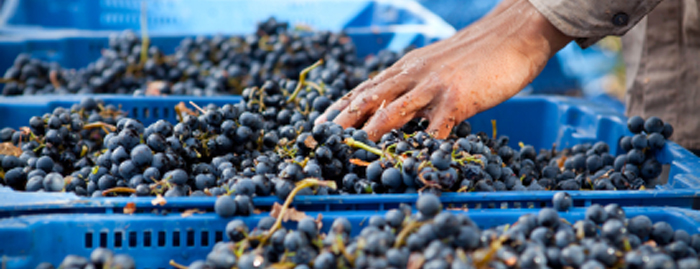Additional Protections of the PACA Trust
The benefits from the PACA trust are worth the steps necessary to become a PACA trust creditor. While PACA has some general protections for all produce sellers and shippers, the PACA trust provides protections that are not normally available to most sellers of merchandise.
- Priority of payment – This payment priority means that all assets, cash, receivables, or other property that came into the possession of the receiver from a produce transaction must be used first to pay PACA trust creditors. All receivers who are licensed or required to be licensed under PACA must first pay all PACA trust creditors. This priority means that PACA trust creditors must be paid before other creditors of the produce receiver are paid. If the produce receiver finds itself unable to promptly pay PACA trust creditors because it has either wasted PACA trust assets or paid them to other creditors or other parties who are not PACA trust creditors, the unpaid PACA trust creditors can bring a law suit in federal court to protect their rights to be paid first.
- Right to collect unpaid PACA trust invoices in federal court. While nearly all unpaid produce sellers and shippers can file suit in United States District Court to collect their unpaid invoices, PACA trust creditors can also sue their receivers for failure to maintain enough assets freely available to pay the PACA trust claims of these sellers.
- Right to seek an order to freeze and segregate the receiver’s (PACA trust debtor’s) assets. Unlike ordinary creditors, PACA trust creditors can not only file suit in federal court to collect for their unpaid shipments, they can in certain circumstances also seek an order that requires the receiver that is subject to the PACA trust to set aside enough assets to pay the claims of the unpaid PACA trust creditors. If the unpaid PACA trust creditor shows a United States District Judge that it has an unpaid invoice for produce (or is an unpaid consignor) and can show the court that the reason that the receiver has not paid the shipper is because the receiver does not have enough assets freely available to pay the produce claim. If the court agrees that the PACA trust debtor has failed to keep assets freely available to pay claims of a PACA trust creditor, the court may order that an amount of assets sufficient to pay the claim be frozen and segregated pending the resolution of the PACA trust creditor’s claim. Sometimes federal judges will enter orders freezing these assets without prior notice to the PACA trust debtor, these orders are known as temporary restraining orders. If the court has previously entered a temporary restraining order, or if a temporary restraining order was not granted by the court or requested by the court, a court may enter a preliminary injunction that also will freeze the assets of the PACA trust debtor up to the amount of the PACA trust creditors claim, plus possibly interest and attorney’s fees.
- Personal civil liability of shareholders and controlling persons who are affiliated with the PACA trust debtor. PACA law is different than commercial law in other industries in the United States. If a PACA trust debtor does not have enough assets to pay the claim of a PACA trust creditor, shareholders who hold more than 10% of the shares or interest in the PACA trust debtor and any persons who had the ability to control the assets of the PACA trust debtor are also liable for the debt of the PACA trust debtor. This means that they can be personally sued for the debt owed to the PACA trust creditor even though the entity which purchased the produce is a corporation or another limited liability. Officers and other representatives of the receiver who control assets in a PACA trust debtor are also liable for that entity’s PACA trust debt! Generally this means that those who sign checks or can pay funds out of the accounts of the receiver are also liable for PACA trust debt.
- Shareholders and controlling persons in a PACA trust debtor cannot avoid their liability to PACA trust creditors by declaring bankruptcy. In normal commercial cases, when a person is liable for a debt, the person can avoid responsibility for the debt by declaring personal bankruptcy. However again, the PACA trust is different. In some cases, if a person connected to a PACA trust debtor declares personal bankruptcy, it is possible to seek an order from the bankruptcy court by which the debt which was owed to the PACA trust creditor will continue to exist after the personal bankruptcy.
If your company is seeking to collect payment for an agriculture or produce transaction subject to the PACA trust protections, call Craig Stokes at our firm and find out how we can help your company.


